How long does it take to brush your teeth?
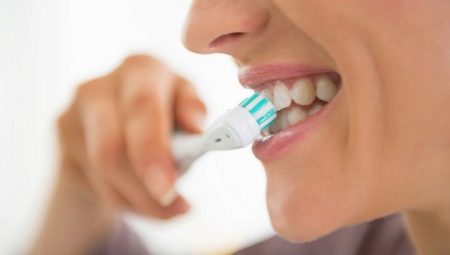
The value of our own teeth is difficult to overestimate. Over time, we lose them and get prostheses. Responsible oral care will keep your teeth healthy and intact for as long as possible.
Dentists have developed a clear system of hygiene procedures. Thanks to her, we know in which direction it is necessary to brush our teeth, and how long it takes, which brushes and pastes are considered safe. Our article is for those who want to follow these rules, as well as for those who value their teeth.
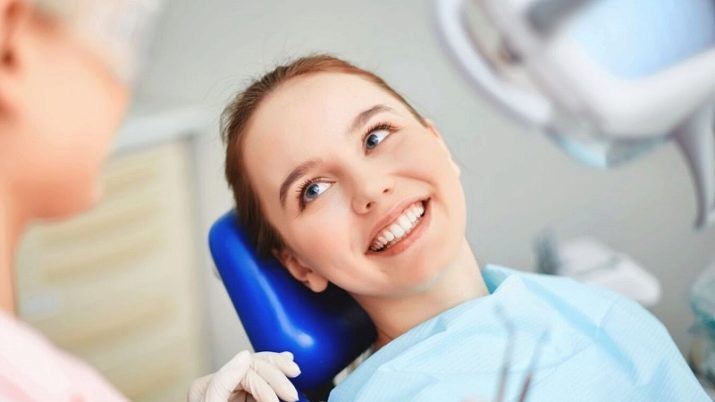
Why take care of your oral cavity?
To appreciate the importance of preventive hygiene, you need to understand what happens in your mouth if you don't care for it. After eating, micro particles of food remain on our teeth, which, together with air and moisture, turn our mouth into an ideal "incubator" for bacteria to multiply. The nutrient medium for uninvited microorganisms is carbohydrate plaque, that is, soft deposits on the surface of the teeth, provoked by uncleaned food.
Bacteria secrete acids (their waste products), and an acidic environment softens enamel and causes tooth decay. It, in turn, goes deep into the body of the tooth, and over time we get pulpitis - inflammation of the internal tissues. It is in the tissues hidden under the enamel that the vessels and cells that feed the tooth are located. There is also a nerve that reacts painfully to everything that happens.
Tooth decay and pulpitis are not the only problems that arise from a careless attitude towards oral hygiene. Foci of infection can cause stomatitis, gingivitis, halitosis, accompanied by an unpleasant odor.Bacteria from the oral cavity descend into the digestive organs, through the vessels of the intestinal walls, enter the bloodstream and can cause a lot of trouble by various organs of the human body. All that is required of us is to properly brush our teeth.
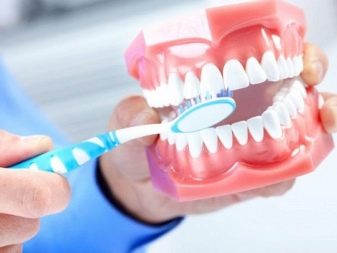
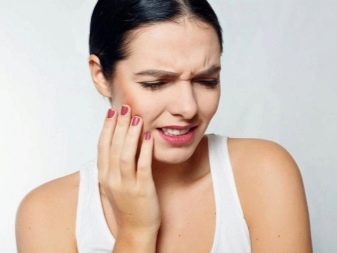
How many minutes do children need to clean?
Unlike adults, babies grow up, and babies' oral care differs from procedures designed for grown up toddlers with teeth. Babies, like adults, need preventive hygiene. Its absence can lead to stomatitis. After each snack, the baby's tongue and gums are wiped with a swab of warm water or dental wipes. They are wrapped around the finger and gently remove food debris from the mouth. It is difficult to say how long the procedure will take, it all depends on the behavior of the baby - if he decided to be capricious, then the hygienic process may be delayed.
Sometimes napkins look like a fingertip and are even easier to use. The products are endowed with bactericidal properties, they contain xylitol, which has a sweetish taste, pleasant to the baby. Each napkin is individually packed. In the period from 6 to 12 months, when milk teeth begin to appear, the hygiene carried out with the help of dental napkins does not stop. It continues until the number of grown teeth requires a miniature toothbrush. The need for it arises in the period from one to 2 years.
Do not underestimate the effects of poor caring on baby teeth. If painful manifestations cause their removal earlier than the natural time, the resulting voids can affect the formation of the bite and lead to deformation of the dentition in the future.
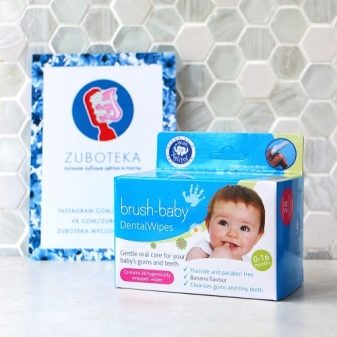
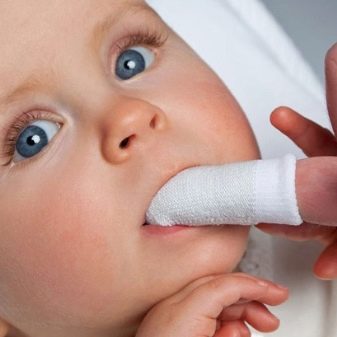
The first teeth should be brushed with care without damaging the delicate gums. A calm kid will take no more than a minute to clean 5-10 teeth. The crumb can swallow a little fragrant paste - it's not scary, for the smallest it is produced as harmless as possible. The main thing is that the child does not get a taste and does not fix an unwanted habit.
From the age of two, parents can offer the child to brush their teeth on their own. The procedure can be carried out once a day for one minute. A growing child should arrange for brushing his teeth twice a day with an increase in the procedural time up to 2 minutes. Parents need to try not to turn the baby away from a useful activity. While brushing his teeth, it’s better to get him interested in something, such as organizing a cartoon watching, using a bell to keep track of the time, or showing him how the hourglass works.
Adults should, without extinguishing the child's initiative to brush their teeth on their own, still help him in this matter until the age of 7. The baby cannot effectively remove food debris from the oral cavity, which will subsequently lead to the formation of caries.

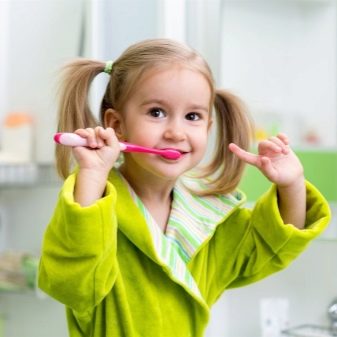
For the safety of hygiene procedures, the age categories of brushes are selected:
- for the smallest, soft silicone devices are produced;
- kids 2 years old are already offered brushes with a bristly head, the size of which does not exceed 1.5 cm, and the total length of the product is no more than 10 cm;
- from 3 to 5 years old, children can use a brush with a handle length of 13-15 cm and a head length of 2 cm.
It is clear that the parameters of hygiene devices increase in proportion to the age of the child.
For children, do not buy fluoride-containing pastes:
- it is not the safest element for digestion;
- fluoride begins to act after 3 minutes of brushing teeth, and babies can withstand the procedure for no more than 2 minutes.
After completing hygiene, the brush is washed well. Periodically, it is poured over with boiling water, and after 2-3 months they acquire a new one. Even if parents do hygiene procedures for their children correctly, you should not refuse a preventive examination by a dentist 2 times a year. Vigilance will hedge against accidental shortcomings and ensure healthy teeth for the child.
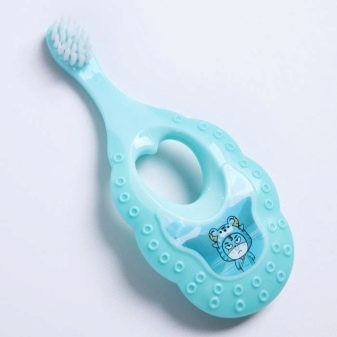
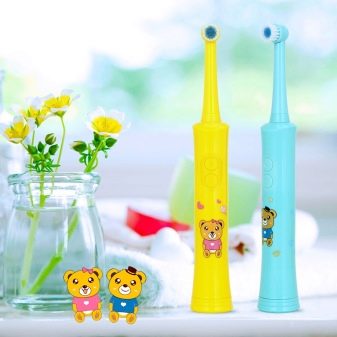
Time to brush your teeth for an adult
Those who brush their teeth for no more than 30-50 seconds and think that this is enough are mistaken. Back in the middle of the last century, dentists recommended brushing at least 200 strokes. Today experts talk about the time interval from 2 to 5 minutes. It is on this interval that you need to focus on dental hygiene. It is believed that cleaning each tooth should take 8 seconds, and if there are 32 of them, then it will take active brushing movements for at least 4 minutes. From this logic it follows that the fewer teeth in the mouth, the shorter the hygiene procedures. In addition, the duration of preventive care is influenced by the general condition of the oral cavity and the presence of orthodontic appliances in it.
It must be remembered that 2 types of plaque are deposited on the teeth - soft and hard. The first can be removed in a few seconds, and the second will have to tinker with. If you show carelessness, the hard plaque transforms over time into tartar, which traps bacteria and often causes focal inflammation. You can get rid of stones in the dentist's office, but it is wiser not to start the situation.
Full dental care is supposed to be carried out 2 times a day.
- In the morning, half an hour before meals, to remove microorganisms that have accumulated in the oral cavity at night. Their presence can be understood by smell.
- In the evening, before bed, to minimize bacterial growth during rest.
It is not necessary to brush your teeth after each meal; it is enough to rinse your mouth with water, herbal infusions or special pharmacy balms (rinses).
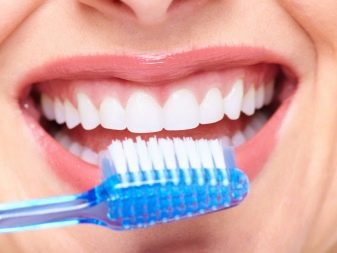
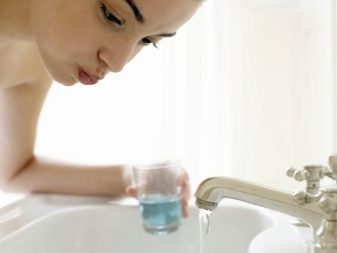
Dentists have developed not only guidelines for brushing your teeth, but also clear guidelines on how to brush them.
- Before use, the brush is thoroughly rinsed with running water.
- A strip of paste is squeezed out over the entire length of the bristles.
- The procedure begins with the lower outer row of teeth, holding the brush at a 45 degree angle.
- With vertical sweeping movements, they move from the molars to the incisors, making up to five strokes for each pair of teeth. Actions are performed first from one side of the mouth, moving towards the center, then from the other side.
- The same procedure is carried out on the inside of the teeth.
- They make circular movements on the surface of the molars, cleaning them well.
- The procedures with the upper row of teeth are carried out in the same way.
- Then gently massage the gums with a brush in a circular motion.
- The interdental spaces are cleaned with floss. A new piece of thread is used for each tooth.
An important procedure is the cleaning of the tongue, plaque also forms on it, and bacteria accumulate. You can take care of this organ using a device on a toothbrush, a special gel and a scraper, an attachment for an electric brush or for an irrigator. After completing all procedures, rinse the mouth with water or rinses.
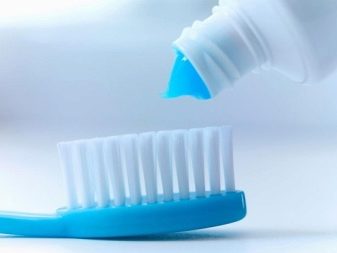
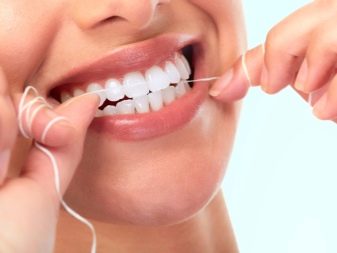
Why is it impossible to carry out the procedure for a long time?
We've already found out that fast oral care is not good for teeth. Exercise with a toothbrush for at least 2 minutes. A whole hour of all kinds of procedures in the oral cavity does not bode well either. It will be enough 3-4 minutes for the surface of the teeth to be completely cleansed. Five minutes is considered the maximum allowed. A timer will help to control the duration of procedures.
Tooth enamel, of course, is strong, but from excessive zeal it gradually wears off, which leads to painful sensitivity. Pastes, especially whitening ones, have an element of toxicity. Stiff bristled brushes can injure the gums. All these factors are not in favor of long-term care.
There are other prohibitions that help maintain the health and beauty of the oral cavity.
- Do not brush your teeth immediately after eating, especially if it contains acids. From an acidic environment, the enamel softens and becomes easily vulnerable, prone to abrasion. She should be given time to recover, which means that brushing her teeth will have to be postponed for 30-60 minutes.
- The habit of drinking coffee or tea after morning procedures gradually changes the pigmentation of the enamel, it becomes yellowish or grayish. You have to wait 40 minutes, then start breakfast.
- When using a fluoride paste, do not use rinse immediately after brushing your teeth. It is necessary to give the element time to "work" - and only after 20 minutes can the remaining paste be washed off.
To prevent your toothbrush from picking up bacteria, it is best to store it open and upright in a dry and clean place. Four times a year, you need to part with your favorite brush without regret, replacing it with a new product.










